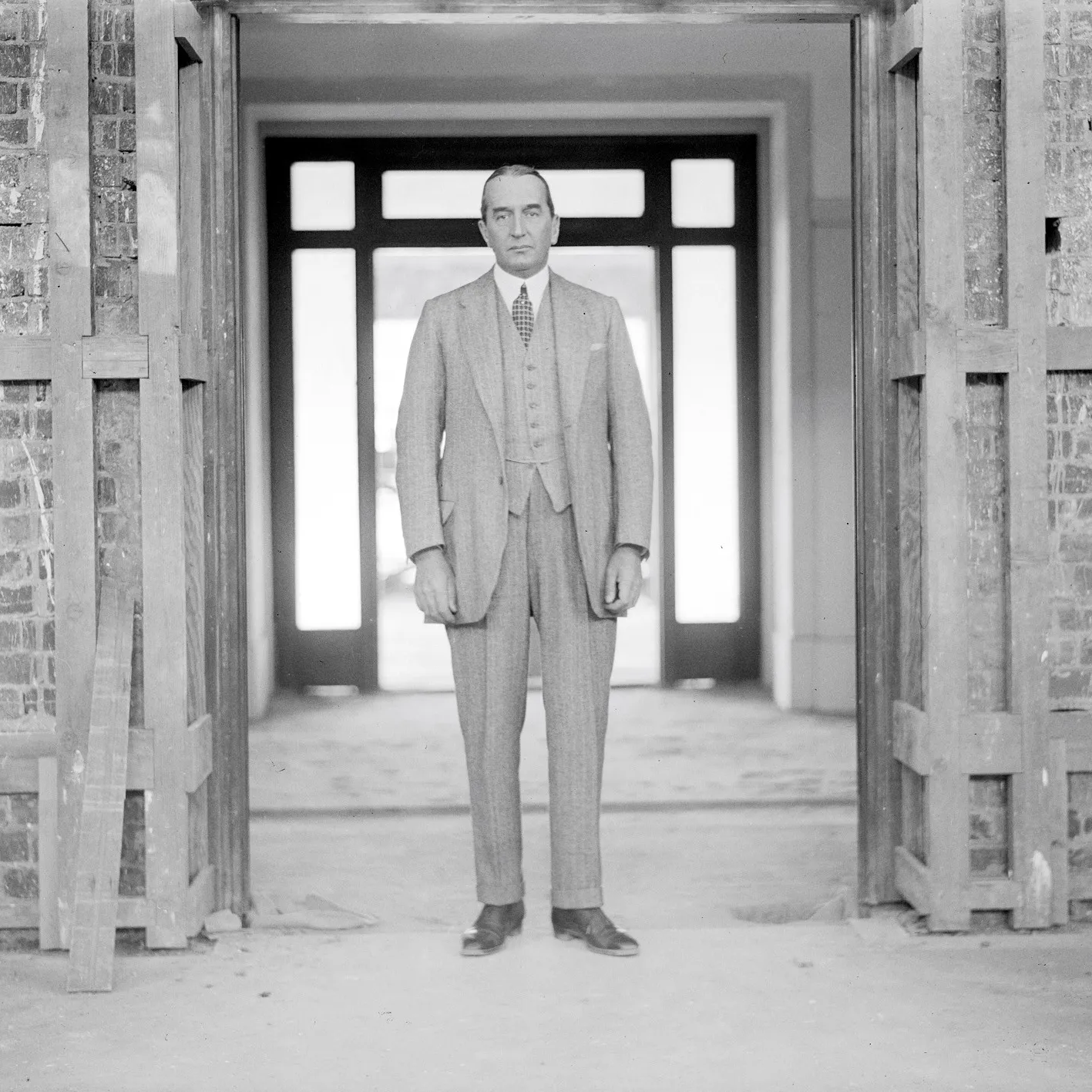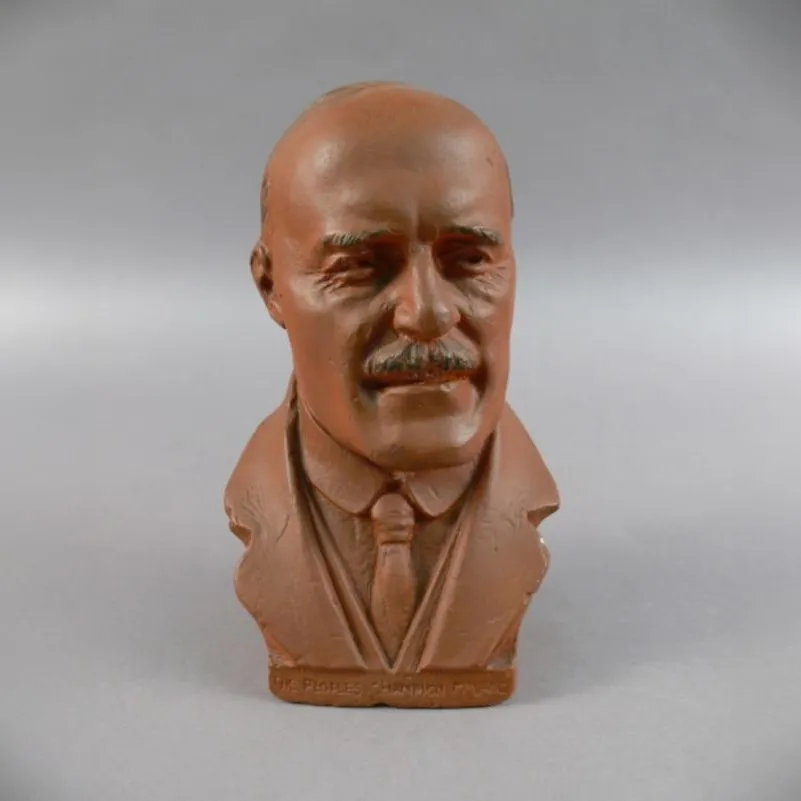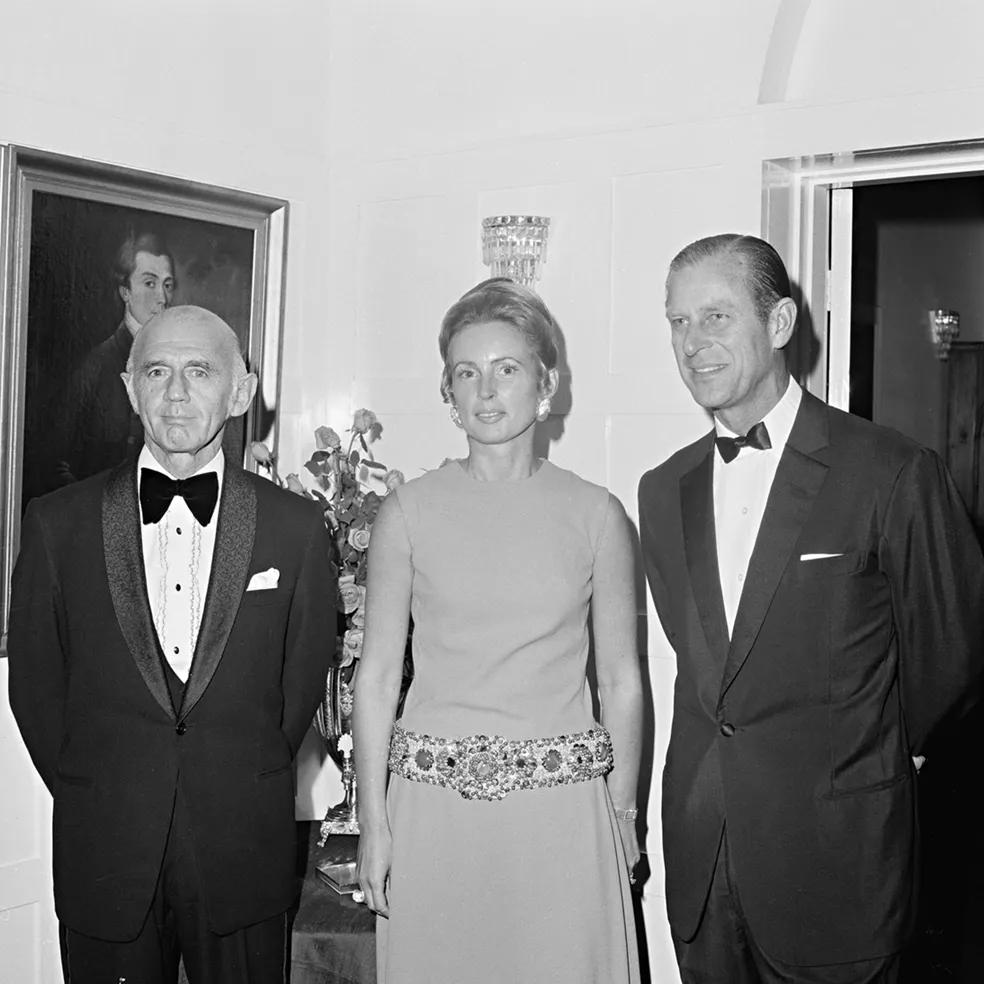There is one issue, and one only involved in this election. That issue has been defined in Parliament, both by the government and the opposition. This election is accordingly unique. On every other occasion, there have been many questions of policy upon which the judgement of the electorate has been sought.
In the present case however, the parliament has definitely resolved that the people be consulted in regard to a particular issue. The question to be submitted to the people is the industrial policy of the government. That policy, the government affirms, will promote peace in industry and continuity of employment and will ensure the highest wages and best conditions that industry can provide. No more important issue could be submitted to the people.
The question which has to be decided is whether the regulation and control of industrial conditions should remain as it is at present, under the double and conflicting authority of the Commonwealth and state parliaments, or whether a definite line of division should be drawn; the commonwealth controlling those industries which it has the necessary powers to deal with under the constitution, and the states controlling all others over which they have full power.
On the answer of the electors to this question depends the future prosperity and progress of the Commonwealth. Industrial regulation and control have been brought about in order to remedy the evils and insanitary conditions, unreasonably long hours, sweating, and the exploitation of women and children which existed in the days prior to the revolt of the public conscience against the existence of these things in their midst. Industrial relation is still necessary to protect the worker against exploitation and the fair and reasonable employer against the competition of his unscrupulous opponent.
The government’s proposals do nothing to destroy the control and regulation of industry, but are designed to get rid of the overlapping and duplication, confusion, loss and friction which have been brought about by the double control of the Commonwealth and the states in this sphere. They will also substitute the method of conference for the method of litigation and the spirit of cooperation for the spirit of dispute.
Under the government’s proposal, the control of the waterside and shipping industries will remain with the Commonwealth. The control of all other industries will pass to the states. The reason for this division is to ensure that the parliament which controls an industry will have full powers with regard to it.
How necessary this is has been shown by the recent violence and intimidation which has been shown in Australia. We have seen men desirous of working in accordance with the law, and under an award of the Commonwealth Arbitration Court subjected to threats and the most brutal assault. We have also seen the law of the Commonwealth providing an opportunity for the workers to express their opinion by means of a secret ballot defined, and the workers deprived of this right by the intimidation of the extremists.
And yet because the Commonwealth has no police force, it has been impossible for the Commonwealth to intervene and protect the workers against this tyranny. If the government’s proposals are approved by the people it will be possible in the future to prevent these things happening.
It has been alleged that the government’s action is for the purpose of reducing the wages of the worker. There is no foundation to this suggestion. The government’s desire is to maintain and advance both the wages and the standard of living which has been built up in this country.
Many of the extremist leaders of labour welcome the confusion, unrest and class hatred engendered by the present system. The names of these men have been prominent in connection with all the recent industrial disturbances. They make no secret of the fact that they look upon these disturbances as fruitful ground in which to sow the seeds of disruption to the existing economic system. By a policy of intimidation, they have acquired an influence and power in the councils of labour altogether out of proportion to their members. The leaders of political Labor dare not stand against them. They are dominating the political organisations in the same manner and by the same methods as those by which they are dominating the industrial organisations. A defeat of the government and its proposal would be hailed by these men as an endorsement of their methods and their action. It is for the Australian democracy to show that it will not tolerate these men or their methods.
I appeal to all secs of the community, and particularly to the workers, to weigh carefully and dispassionately this matter for themselves. A consideration of the issue, approached in this spirit, will convince the people that props of the government represent the greatest measure of real progress that has been offered to them in recent years. That instead of assailing the principle of industrial regulation, they are designed to strengthen and make it more effective. That they are intended to protect and advance the existing standards of living. That they make possible the fostering of that spirit of cooperation and mutual help that is so essential to the progress and prosperity of industry and that they constitute a definite and constructive effort to bring about a solution to the pressing problem of our industrial and economic life.
The government is confident that the interests of industrial peace and national welfare will prevail and that its proposal will receive the overwhelming endorsement of the people.







